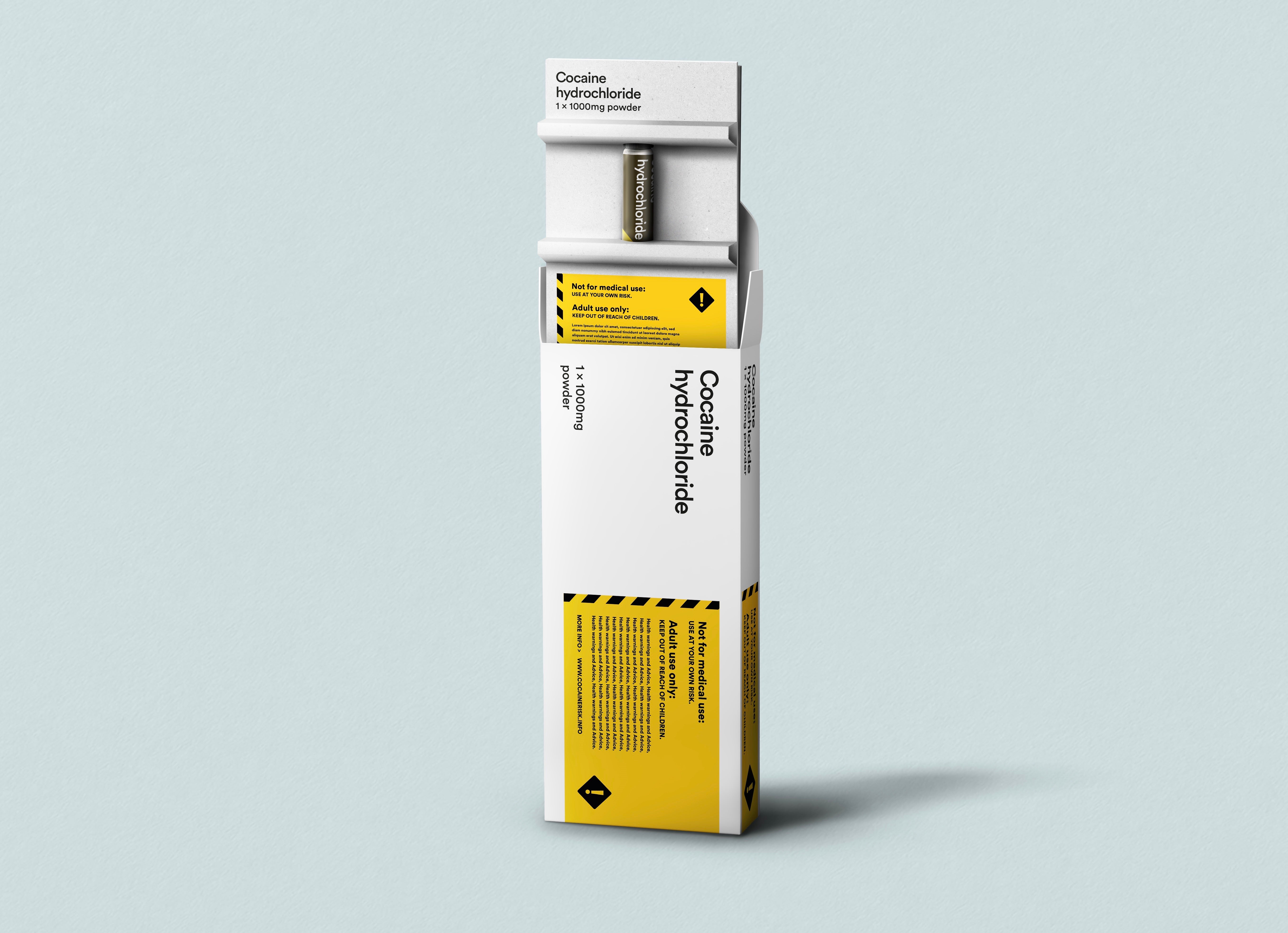Imagine a world where you can legally buy cocaine in a pharmacy. This is the way forward
Looking at the current system of prohibiting the supply and use of these drugs, it’s not difficult to see why an alternative is desperately needed, writes Ian Hamilton


Imagine walking into your local pharmacy and being able to purchase a prescription for ecstasy, cocaine or an amphetamine.
This may seem far-fetched, but that’s what a UK charitable think tank, the drug reform charity Transform, is suggesting in a new practical guide that explores how the supply and distribution of these stimulants could be taken out of the hands of criminal gangs and come under state control. There is some strong support for this idea from former New Zealand prime minister Helen Clark and former Colombia president Juan Manuel Santos.
Looking at the current system of prohibiting the supply and use of these drugs, it’s not difficult to see why an alternative is desperately needed. A record number of deaths due to cocaine was revealed by the Office for National Statistics last week.
The numbers are in part due to more people using cocaine, which has become better value year on year as purity increases and the price remains stable. By any measure, prohibition of cocaine and other stimulants has done nothing to prevent its use or reduce harm. Despite evidence to the contrary, successive home secretaries continue to assert their aim of disrupting supply and reducing harm.
Some countries are now considering alternative policies after decades of violence and drug-related warfare due to international drug control treaties. A bill is making its way through the Colombian parliament that proposes a radical change in the way cocaine is produced and distributed. Like the Transform proposal for the UK, the Colombian bill calls for the government to take control of every component of the market, from coca leaf harvest to facilitating sales of cocaine.
The group behind the bill recognise the challenge they face in seeing it become a reality. But the bill demonstrates how weary many have become with the current system which they suggest causes significant damage to their populations.
Paradoxically it is America that has propped up and enforced international drug treaties, despite the majority of American states now permitting access to cannabis for recreational or medicinal use. While there is clearly a difference between stimulants like cocaine and ecstasy and a drug like cannabis, both drugs are prohibited under international law. From the South American point of view, how can America continue to enforce a treaty that it has itself breached?
It is not just the human cost that should of course be calculated when examining the success or failure of prohibition but the economic cost too. National and international policies on drug control have only benefited two groups: criminals and law enforcement agencies. Neither group is meant to be a beneficiary under this policy; the aim has always been to protect populations.
But from the start of the supply chain all the way through to the end user, the evidence contradicts this supposed aim – look no further than the mafia-style violence for control of crops or yet another person dying as a result of a drug overdose. The state has no control over any of this and is merely left to investigate a murder or carry out an inquest for those that die prematurely.
We are all trapped in a policy that has been in place for as long as anyone can remember, and allowed to continue due to state-sponsored propaganda. Facts and evidence aren’t meant to be cherry picked. If we are committed to following the science and evidence to reduce harm from a global pandemic, then we should be just as willing to embrace the evidence on the continuing global policy failure that is prohibition.
Ian Hamilton is an associate professor of addiction at the University of York




Join our commenting forum
Join thought-provoking conversations, follow other Independent readers and see their replies
Comments